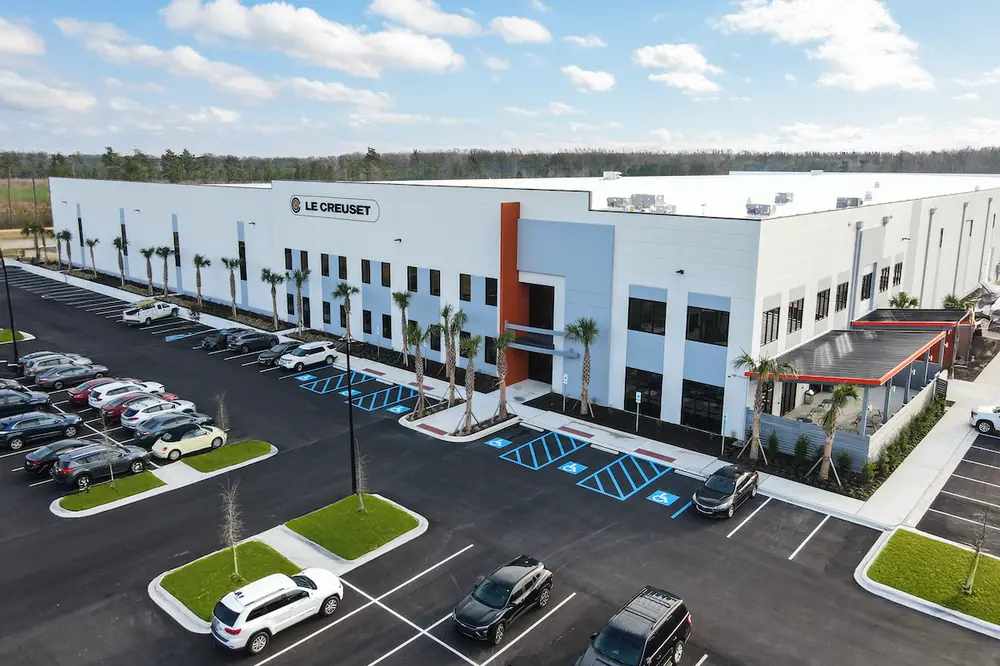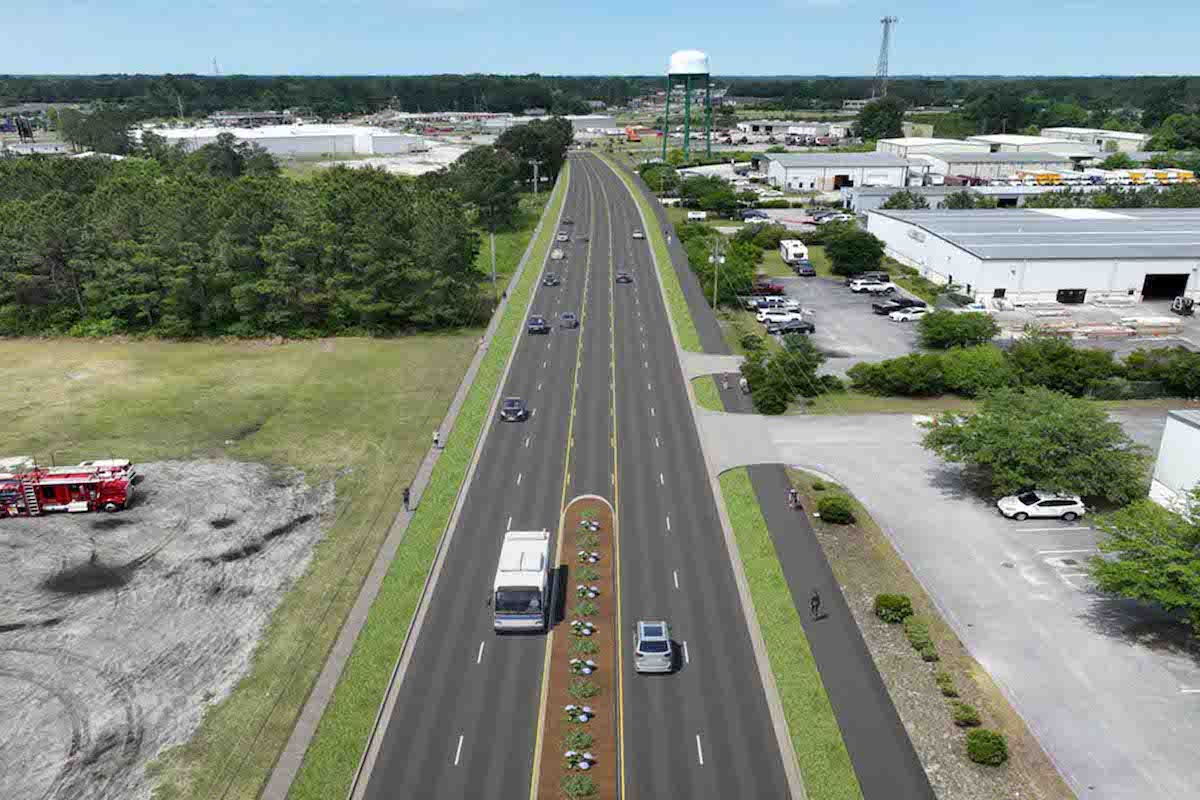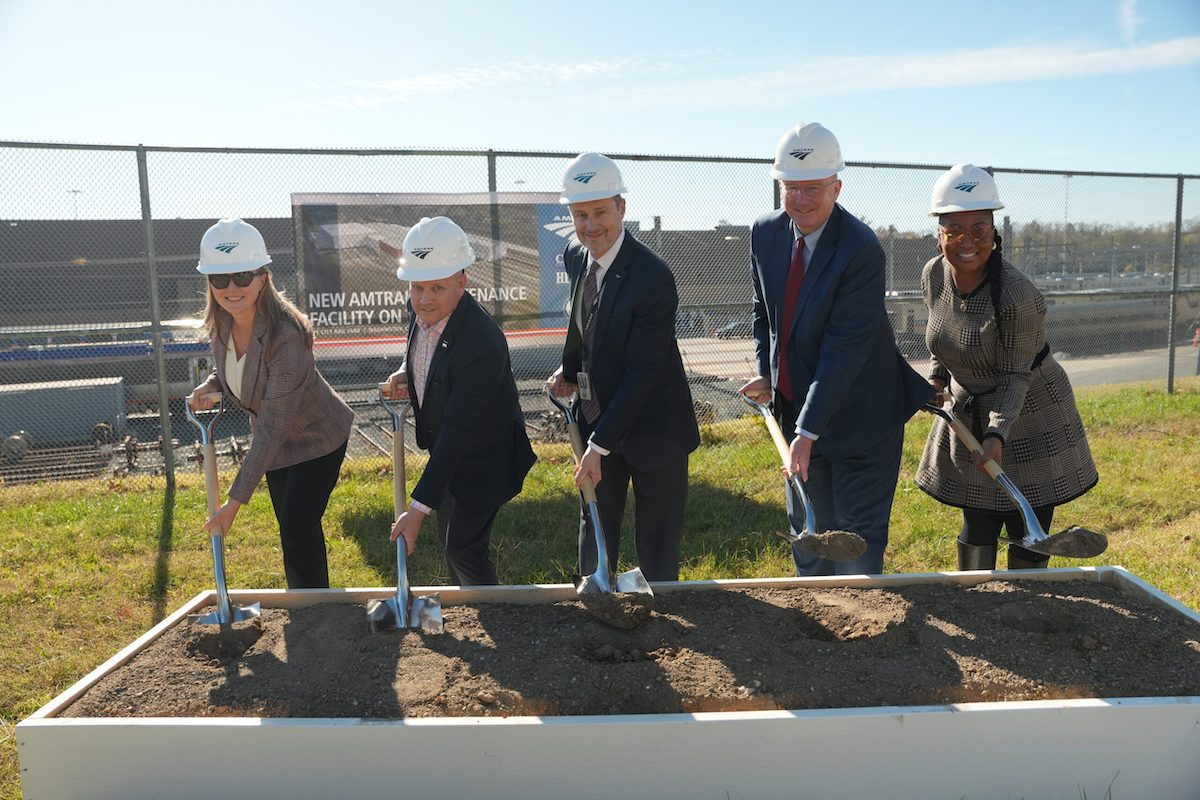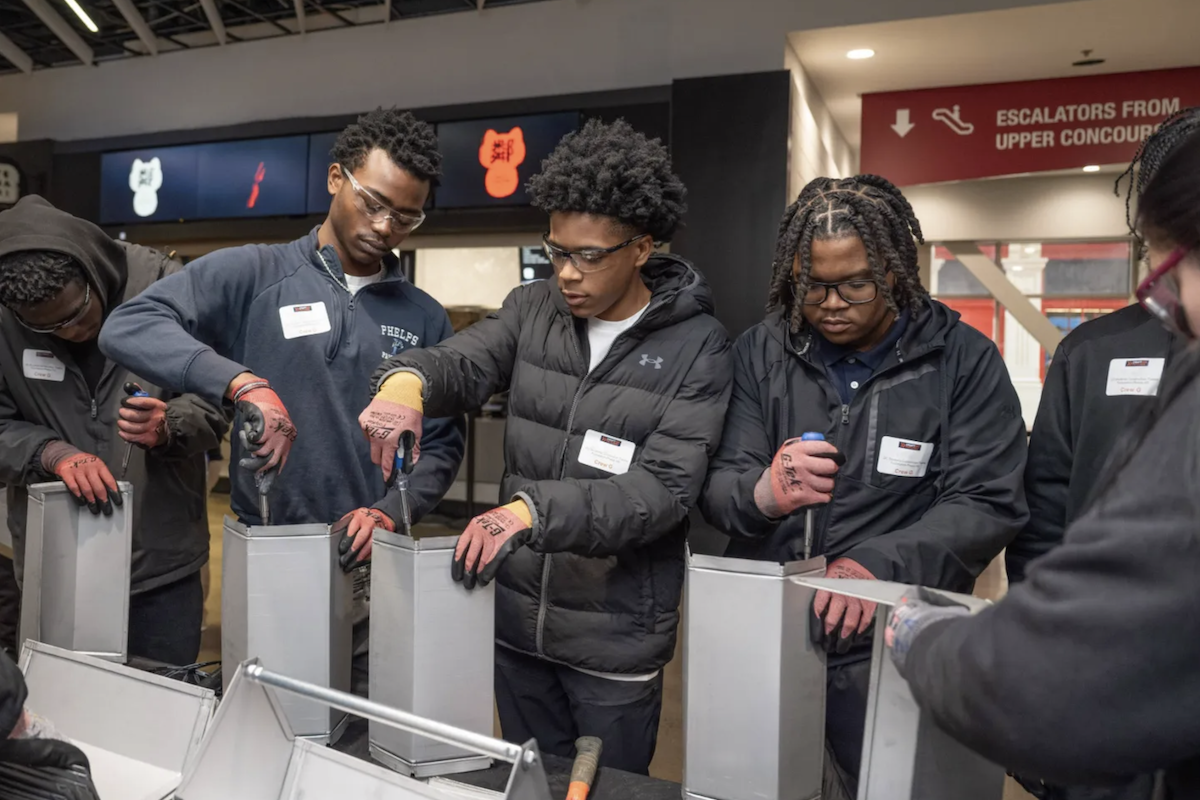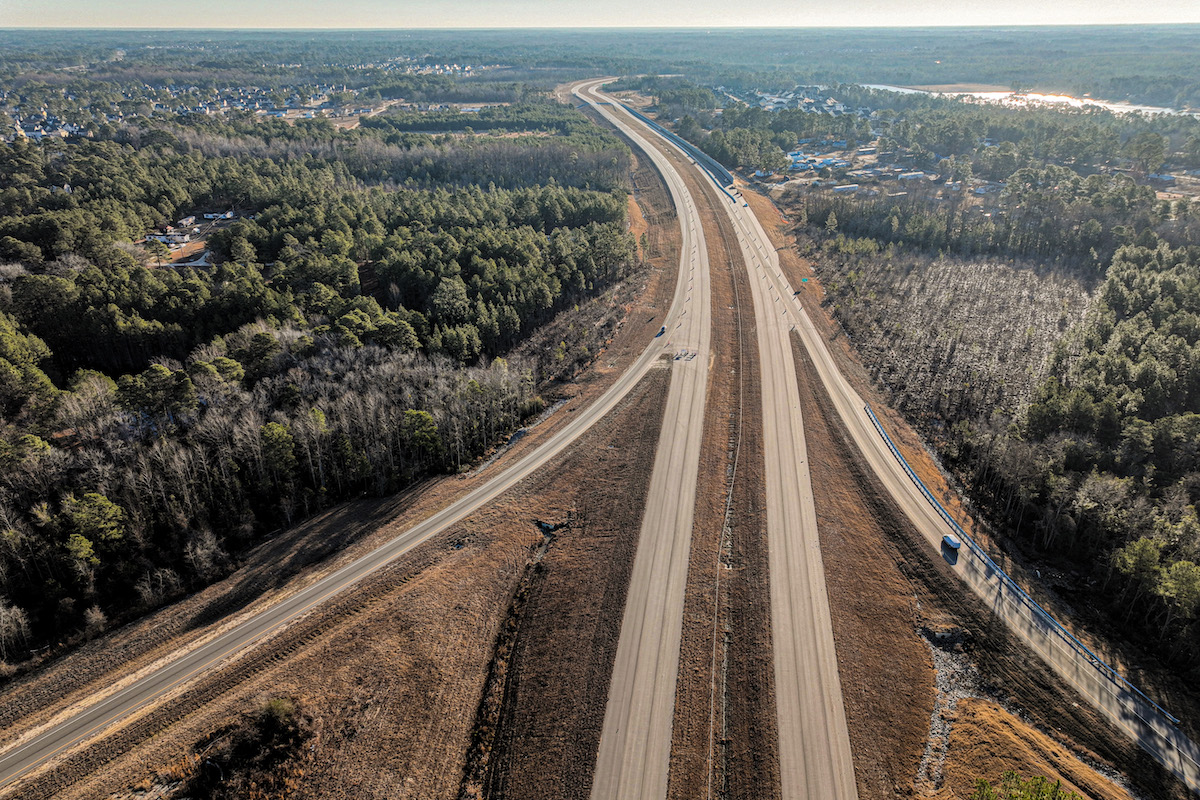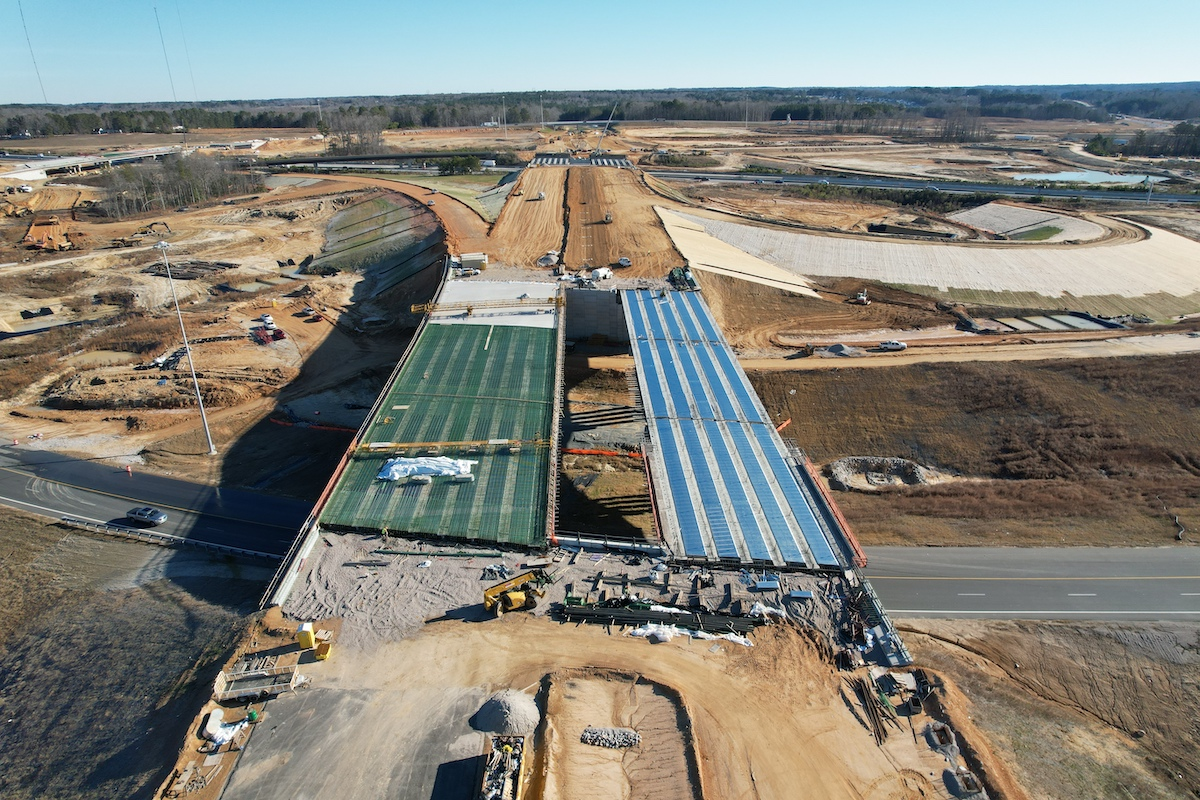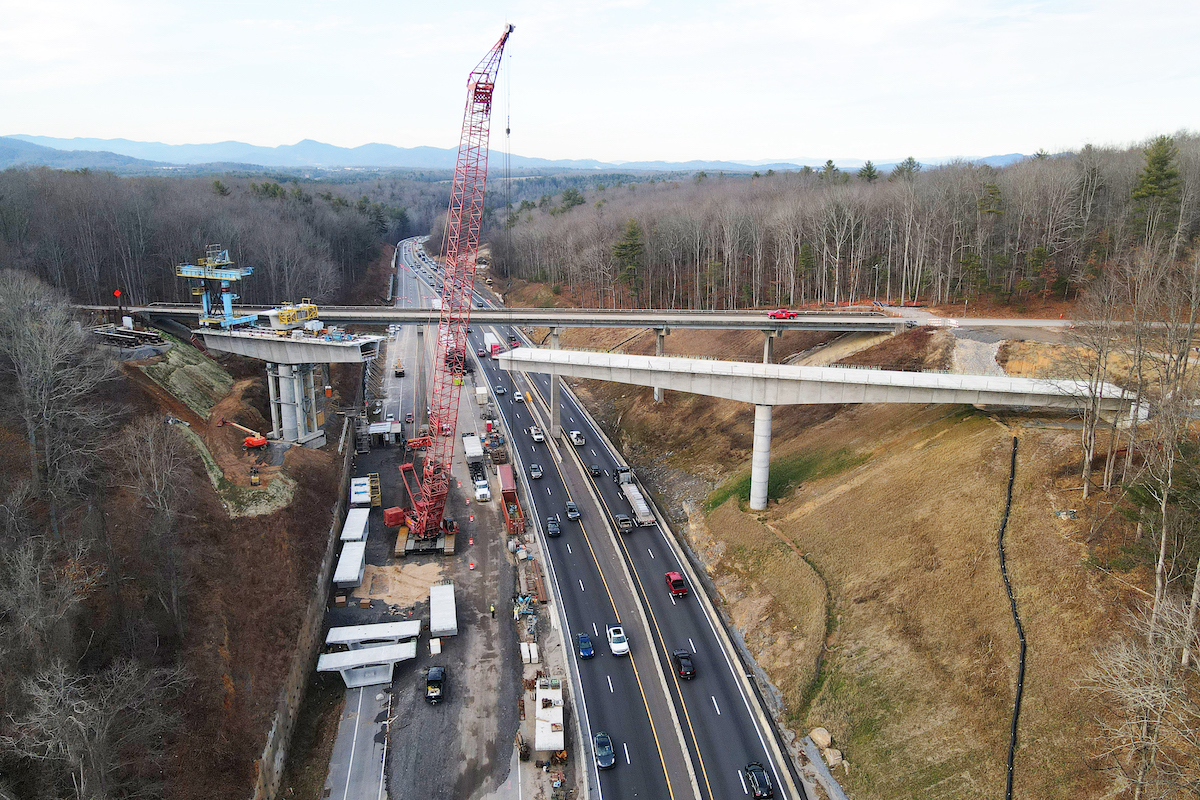The project, which rehabilitated or replaced 26 bridges and ramps along a seven-mile stretch of I-70 in Wheeling, was the largest project undertaken under Justice’s Roads to Prosperity program when bid in 2019. The final cost of the project is $221,034,932.55.
"Everyone said that this would be impossible, and it was going to take forever, and the traffic was going to be crazy, and everything under the sun," Justice said. "But lots and lots of people pulled the rope, did they not? Whether it was our great Jimmy Wriston, the Department of Transportation, Randy Damron, all the contractors, all the people that made this all happen, all the great city people, the workers, and all of our officials, we're so good in this state when we unleash us."
“We really put out the full court press with all the stakeholders up there — the emergency responders, the local government entities, even the businesses and hospitals,” said Secretary of Transportation Jimmy Wriston, P.E. “We needed everyone to know exactly what we were going to do and how we were going to do it, so we could still get traffic safely through this monstrous, 26-bridge project."
Swank Construction Company was awarded the construction contract in August 2019 and began construction in September. Work ranged from simple redecking of existing bridges to complete replacement.

| Your local Komatsu America Corp dealer |
|---|
| Linder Industrial Machinery |
The largest impact on traffic was the total replacement of the twin Fulton bridges, which required the complete closure of portions of I-70 for nine months at a time. Work on the westbound span was done in 2020, while work on the eastbound span was done in 2021.
"We knew that this project was going to be difficult from the beginning due to the amount of work required and the volume of traffic on I-70,” said West Virginia Division of Highways (WVDOH) District 6 Engineer Tony Clark, P.E. “Due to the Roads to Prosperity bond program, we were able to perform this large amount of needed bridge repairs and replacements under one contract in a relatively short amount of time rather than dragging the work out over several years and multiple contracts.”


















